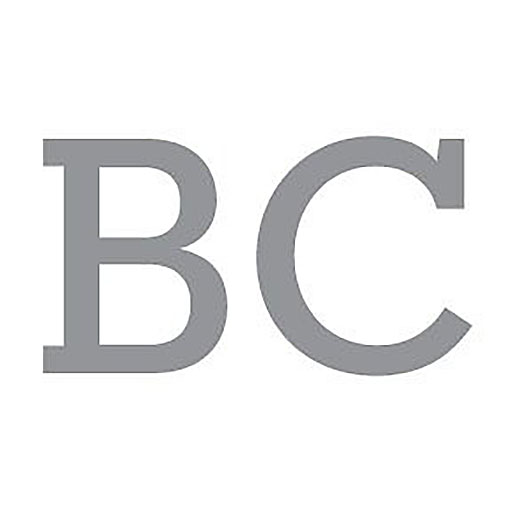Salmon
Seattle’s known for its salmon, in all shapes, sizes and forms. Luckily enough, this honorary seventh food group is full of health benefits.
Salmon is most known for being a great source of omega-3 fatty acids that protect your heart and brain. Beyond good fats, salmon is also a good source of protein, potassium, selenium, b vitamins and antioxidants.
King Salmon, aka Chinook
Season: Available year-round, but mostly in April
Look and taste: Red, rich and firm
The largest of all species, king salmon are about 20 pounds on average and have the highest amount of omega-3 fatty acids. You’ll find this specific salmon usually grilled with seasoning
and lemon.
Coho, aka Silver
Season: July–November
Look and taste: Orange and versatile
Coho are leaner and smaller than king salmon, averaging 12 pounds. Even though they aren’t as impressive in size or fat content, they’re the most versatile and easy to find.
Sockeye, aka Red
Season: July–October
Look and taste: Bright red, flavorful and lean
Full-grown sockeyes average six pounds and top out at 15. Commonly used in households for burgers or smoked, sockeye salmon is the most accessible and usually cheaper option for those who want to experiment with new recipes.
Pink, aka Humpback
Season: June–September
Look and taste: Light pink, mild and small
These smaller fish are caught by the millions each year and are used in fresh cooking or are frozen and smoked, but most of the time they’re processed and kept in cans or pouches.
Keta, aka Chum or Silverbrite
Season: June–September
Look and taste: Orange and mild
Keta are usually eight pounds, less colorful and less flavorful than king or sockeye, so their market price is significantly lower. Most fishermen will point out that it’s why these
little guys are so great—you still get a large portion of healthy food at a lower cost when you buy keta.
Steelhead, aka Rainbow Trout
Season: Year-round
Look and taste: Bright red, flavorful and lean
Salmon and trout species overlap—all Pacific salmon and rainbow trout (including steelhead) falls into the same genus, Oncorhynchus. Steelhead average a lean eight pounds with a rich red color.
Atlantic Salmon
Season: Year-round
Look and taste: Orange and mild
Atlantic salmon are usually farmed, which causes a bit of controversy. Wild Atlantic salmon are no longer sold in markets due to its status on the endangered population list. There are pros and cons to buying farm-raised salmon, resulting in a year-round supply and a low price. Just know, if you’re buying Atlantic salmon, it’s from a farm.


